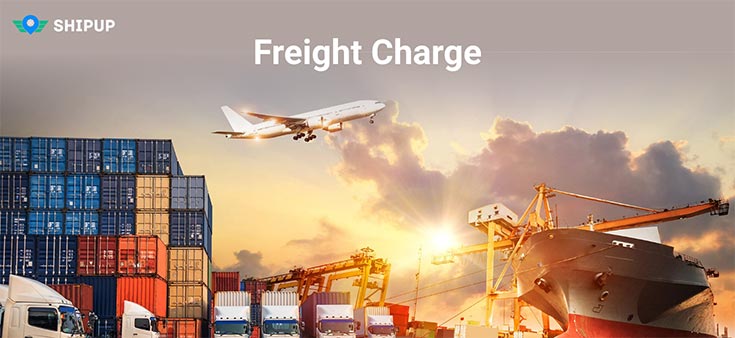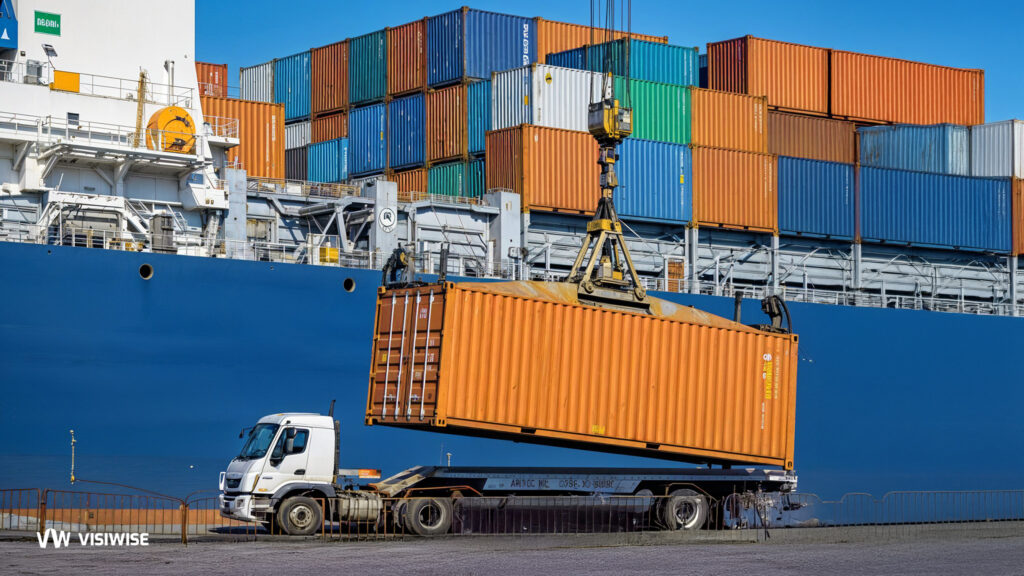When you transport your goods from one country to another, there is a fee you should pay for the whole transportation process. This is called Freight Charge or freight rate. So the shipper pays the money to the carrier. This fee changes for each shipment and depends on many different factors.
The shipping might be freight prepaid, or freight collected according to the conditions of contract guidelines.
As per research, every international freight quote includes an average of more than 20 freight taxes and extras. But what are all those numbers supposed to mean?
We’ve included some distinct freight fees and surcharges, organized by who levies the price typically, what step of the shipment it pertains to, a brief summary of what you’re going to have to pay, and suggestions on various surcharges.
Who Should Pay Freight Charges?
Charges for cargo can be categorized as follows:
- Ocean related charges
- Landside charges
Who ends up paying for these expenses is totally dependent on the shipment arrangements agreed upon by the buyer and seller.
Most market participants utilize the Terms and conditions or International Commercial Agreements, which are a type of written business agreement issued by the International Chamber of Commerce, to determine their respective obligations and liabilities in this transaction.
The decision of who will be billed for freight expenses is often specified in the conditions of sale. If the Freight On Board is designated as "FOB delivered," the seller or shipper will be solely liable for any transportation charges. When the FOB conditions of sale are "FOB Origin," the buyer is liable for the expenses of shipping the products from the seller’s warehouse to the ultimate destination.
It is significant to remember that FOB does not indicate cargo custody, simply who is responsible for the transportation costs. The bill of lading or waybill is to define ownership.
What Is the Difference Between Shipping and Freight Charges?
Are freight and shipping charges the same? Well, freight is used for business reasons. Shipping products might be done for business or personal reasons. Shipping is often thought to be more costly than freight because moving things in bulk rather than in smaller quantities is economical.
Freight Charges Increase
Shipping expenses have grown in the previous two years as a result of a number of factors. The logistics industry faces the most significant persistent spike in cost increases. In most cases, the cost of moving products by road, air, and sea will climb significantly this year. International transportation may increase by another 8 to 12 per cent, depending on the mode of transit.
Visiwise and Freight Charge
Visiwise is a platform where you can keep track of your shipments. It helps you manage your shipments and gives you the most accurate data about your cargo. But the question is: can Visiwise help you with your freight charges? Let’s see.
A big part of transportation is your communication with your colleagues and the other side of the deal. You may need to send different files and documents and should check the details with each other. After all, you need a safe place to protect your important documents.
Visiwise is not only a platform for tracking containers but also an online workspace where you can share your documents on the Visiwise cloud. This is the easiest way to keep your documents safe, and you can access them from everywhere.



